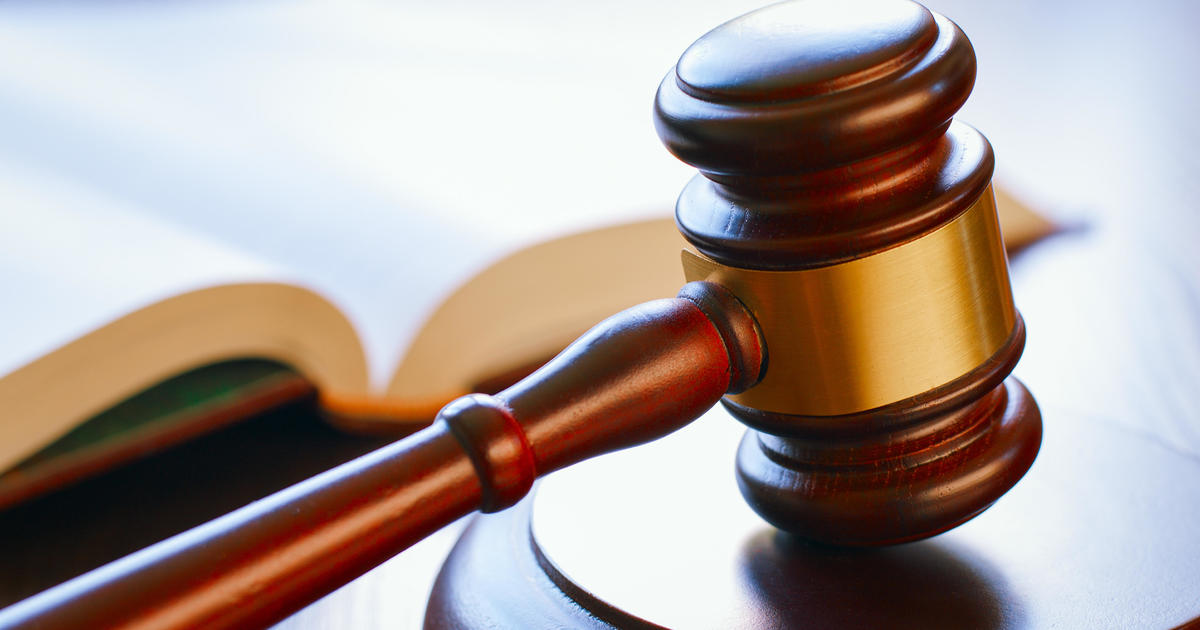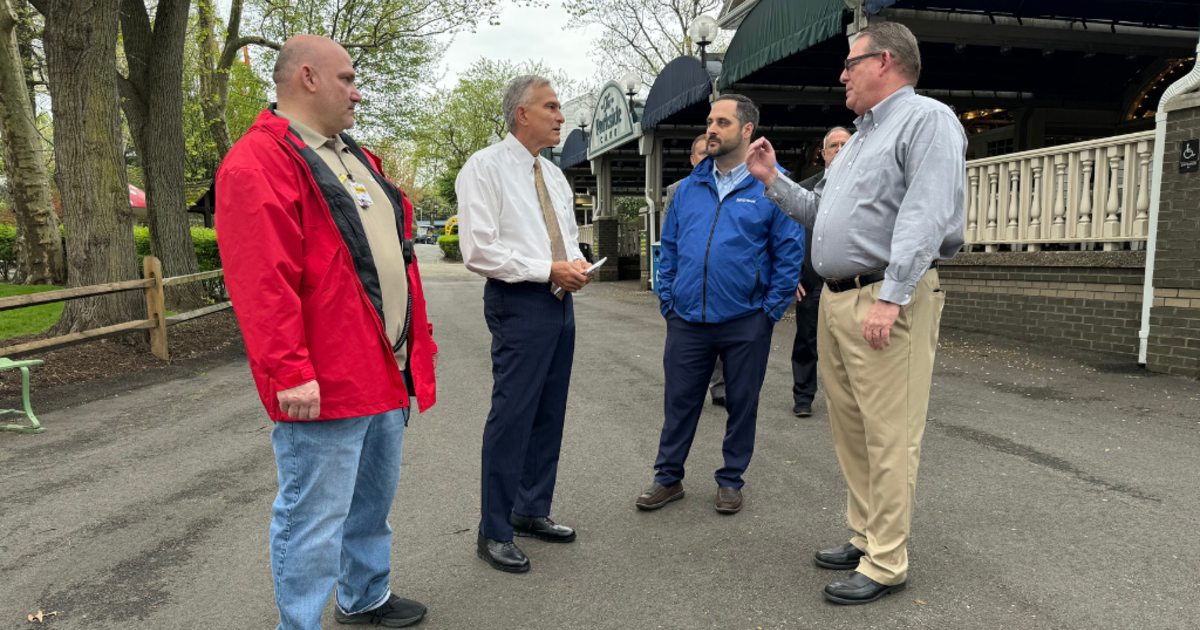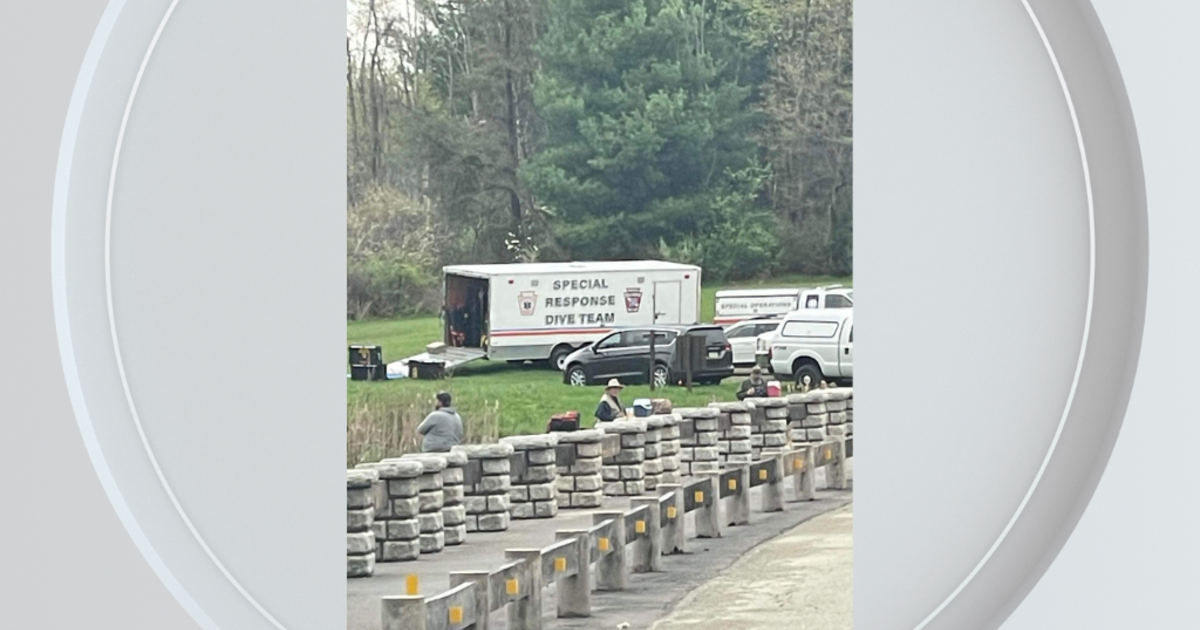Derek Chauvin Sentencing: Legal Expert Thinks Ex-Cop Will Get At Least 25 Years
MINNEAPOLIS (WCCO) -- Derek Chauvin, the former Minneapolis police officer convicted of murdering George Floyd, could face more than 30 years in prison when he is sentenced Friday. Before that happens, the defense is expected to ask the judge for a new trial.
According to Hennepin County court records, the sentencing hearing for Chauvin is slated for 1:30 p.m. Friday at the Hennepin County Government Center. The hearing will be live-streamed.
HOW TO WATCH & FOLLOW: Special live coverage of court proceedings, including Chauvin's 1:30 p.m. sentencing, will be on-air and streamed on CBSN Minnesota. You can also check for updates on WCCO.com and by following our social media channels, including Facebook and Twitter.
Defense attorney Joe Tamburino, who is not affiliated with the case, broke down what to expect during the sentencing Friday.
Essentially, Tamburino says there are two parts to sentencing court proceedings: post-verdict motions and the actual sentencing. During post-verdict motions, the defense will be requesting a new trial.
Statements From Community, Victims (And Will Chauvin Give A Statement?)
In an unusual move, the Minnesota attorney general is asking the public to submit impact statements ahead of Chauvin's sentencing. Tamburino expects many of those statements to be read prior to the sentencing.
"Only because they've spent so much time on it. It's very unusual," Tamburino said. "Obviously a community can have some type of impact in the sentencing ... but never before has it been on a website soliciting statements from the entire state and nation."
It's not clear if Chauvin will make a statement at sentencing. Chauvin did not testify on his own behalf during his trial, instead invoking his Fifth Amendment privilege.
"We should look at whether or not Chauvin will make a statement on his own behalf at the time of sentencing. He's allowed to do so," Tamburino said.
Several members of George Floyd's family are expected to make victim impact statements.
"Usually what happens in these kinds of cases is that a family member, or a friend of the family, will appear in court and address the judge and tell the judge how the crime has affected them," Tamburino said. "And they might read from something that has been prepared, or they simply might talk extemporaneously before the court."
Sentencing Expectations
In April, Chauvin, 45, was convicted of second- and third-degree murder and second-degree manslaughter in Floyd's death. It took the jury roughly 10 hours of deliberation to reach their verdict.
Judge Peter Cahill will be sentencing Chauvin. Earlier, Cahill ruled Chauvin may face a longer prison sentence because prosecutors proved certain aggravated factors "beyond a reasonable doubt," including the former officer's cruelty in his treatment of Floyd, and that his deadly restraint of the victim was carried out in front of children.
Sentencing guidelines call for Chauvin, who has no prior criminal history, to face a minimum of 150 months, or 12.5 years, in prison on the most serious charge of second-degree murder, but aggravated factors have the potential of increasing his sentence to up to 40 years.
Prosecutors are requesting a 30-year sentence, while the defense is asking for a new trial, probation or a lesser sentence.
"Basically, the issue's going to be how much greater than 150 months will the judge issue the sentence," Tamburino said.
Tamburino expects the judge to hand down a sentence of 25 to 30 years.
More Analysis On Post-Verdict Motions
The post-verdict motions, which will be handled before sentencing, will be "very interesting", according to Tamburino.
"What the defense is arguing is that the court made a number of mistakes throughout the trial, such as not sequestering the jury. And because of those mistakes, we want a new trial, that's what they're basically saying" Tamburino said.
The defense is also asking for a Schwartz hearing, which is a hearing on jury misconduct. The defense has specifically honed in on juror No. 52, Brandon Mitchell, due to his participation in a march in Washington, D.C.
Tamburino believes the judge will deny those motions from the defense, but if they were approved, it would delay the sentencing.
"If the court was seriously considering a Schwartz hearing, that would be held on a separate date. You simply wouldn't have everything on one afternoon," Tamburino said.
Tamburino will be giving analysis during Friday afternoon's coverage of the sentencing, which will stream on CBSN Minnesota.
Security Ramping Up, But Not To Trial Levels
Security precautions are being ramped up ahead of Friday's sentencing at the Hennepin County Government Center, though the security will not be as obvious as it was during Chauvin's trial.
There are no barricades around the Government Center, which will continue to be the case on Friday. WCCO was told that, at this time, no street closures are planned for streets near the Government Center either.
Floyd, who was 46 years old, died on May 25, 2020, after Chauvin, who is white, pinned him to the ground with a knee on his neck as the Black man repeatedly said he couldn't breathe. A video of Floyd's murder went viral online and sparked mass protests and rioting in Minnesota and worldwide. It also prompted a national conversation on systemic racism and police brutality.
A state trial for three other former officers involved in Floyd's arrest is scheduled for March 7, 2022.



